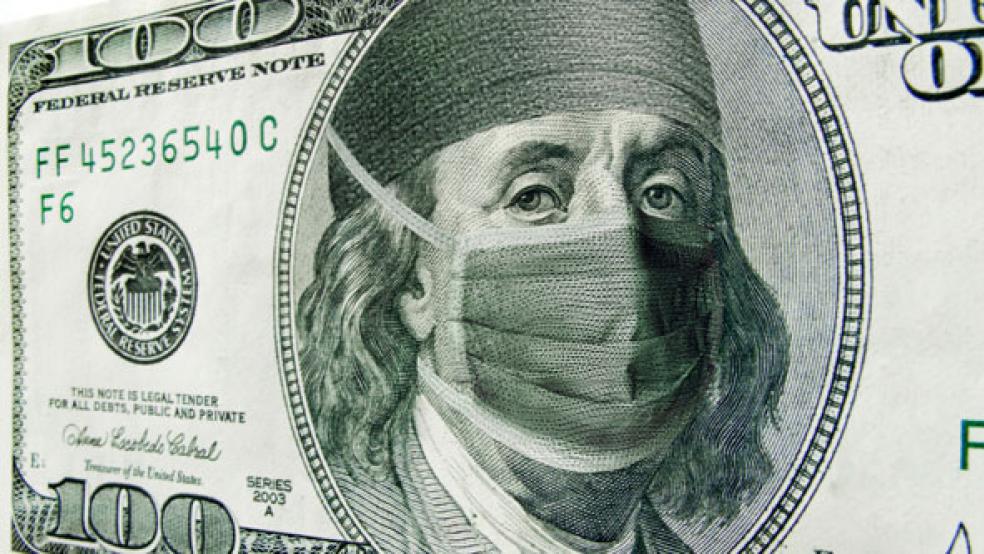The Maryland legislature has recently passed a law, H.B. 631, that will harm patient access to affordable generic medications. It will go into effect later this year without the Governor’s signature, due to his concerns that the law has serious constitutional deficiencies and would likely restrict Marylander’s access to effective, affordable generic drugs.
Sadly, Maryland has jumped off a proverbial cliff and will harm its own citizens while cynically claiming to protect them. Perhaps Maryland is a lost cause, but the more interesting question is will other states follow Maryland over the cliff?
Here is what is at risk for Americans everywhere and what Maryland citizens have now lost. Most everything in medicine costs more and more every year — doctors, hospitals, insurance, branded medicines, etc. However, generic medicines cost less every year while providing more access and value. In recent years, generic medicines have comprised almost 90% of all prescribed medicines, but only accounted for about one-quarter of the costs. That is real and impressive value — on steroids!
Yet, Maryland has passed a law to allow the state attorney general to take legal action against only generic drug manufacturers that are believed to engage in “price gouging.” Price gouging may sound bad, but it isn’t defined other than to say “unconscionable” or “excessive” price increases. So if a generic drug manufacturer increases the price of a 10-cent pill to 12 cents, that’s a 20% increase. Is that excessive? Are two pennies excessive? Or is 20% excessive? No one knows. That is the problem.
In a free society, the government must reasonably define what is illegal. Only in dictatorships does the law vaguely say you cannot offend the “dear leader.” That is why the US Supreme Court strikes down laws that are unconstitutionally vague.
Imagine traffic signs that simply tell you not to drive at an “excessive” speed? On the freeway how would you know how fast to drive? Could you drive 55 miles per hour without being pulled over? 65 MPH? or 75 MPH? When the law doesn’t make it clear, it leaves it up to the law enforcement official to decide. So if he’s in a bad mood, 55 MPH may be excessive. But you won’t know until you’ve got the ticket in your hand and have to pay the fine. This is what Maryland has done to generic drug manufacturers.
The result of this approach — the government will tell you when you’ve violated the law only after it decides that you’ve violated the law — is that generic drug manufacturers will go to greener and safer pastures. Maryland citizens will ultimately suffer the most, as they will lose out on the one part of the public health sector where costs are less and less — because of competition — not because of stupid and vague laws.
Prices fluctuate naturally in a competitive marketplace. The price for milk, eggs, apples, and gasoline, among other things, fluctuates — depending on market forces. If there was a freeze, apples may cost more. Gasoline tends to cost more when world supplies decrease or demand increases. It is simply the marketplace at work.
Over all, generic drugs cost less and less every year. But individual medicines may cost slightly more or slightly less depending on market forces — just like milk or eggs. But when the law doesn’t give any real standard, how can you know what price fluctuations are permissible and which ones are illegal?
So the question is will this cancerous policy spread? Will other states become infected with this insanely idiotic idea? After all, politicians are in a rush to appear to be doing something about drug prices and it sounds pro-consumer to oppose price gouging, if you don’t think about it too deeply. But once you peel the loaded terms away, what remains is genuinely terrible public policy that reduces competition and harms consumers — the very patients who need inexpensive medicines that provide them with effective relief.
Competition in a robust marketplace has proven to be the best way to give consumers better products at lower prices. The generic drug sector enables that sort of competition, which is why generic medicines cost less and provide more value to consumers. A cheap public relations stunt like punishing undefined price fluctuations does nothing helpful — rather, it harms the very people the politicians playing the PR game claim to care about.
State lawmakers all over the nation will have the chance to tell their voters if they really care about them and their access to effective, safe and inexpensive medicines. Those who actually care about citizens, will reject Maryland’s cynical model.
